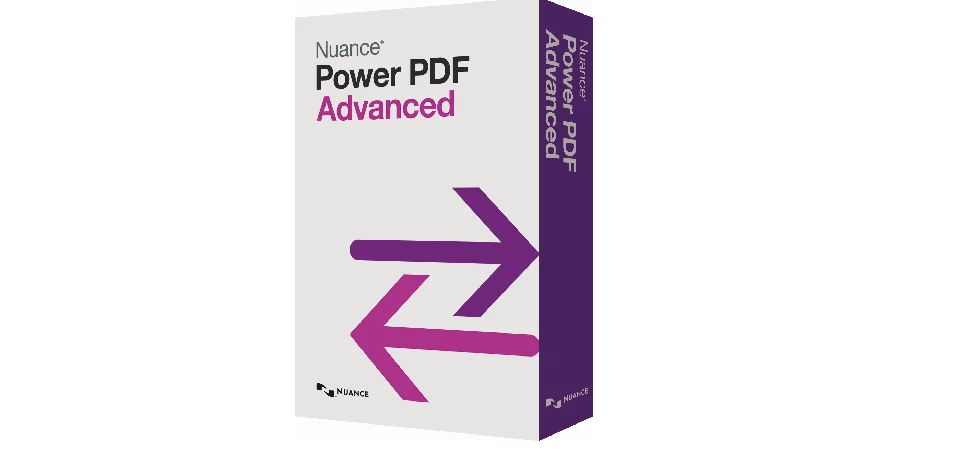
Partner Article
Document security - ultimate driver for the paperless office?
A quick look around any office today will reveal several sources of potential IT security risks. As you’d except though in this security conscious age, many of these sources will have been locked down to reduce any vulnerabilities, and are probably monitored and reviewed regularly under a company’s security policy. While it’s right that we should applaud how much more seriously companies take IT security today, many continue to overlook the risks associated with that office perennial – paper.
With so much focus on addressing digital or technology-based risks, paper’s analogue format seems to be fairly innocuous from a security perspective. Yet paper – and more importantly, its contents – pose a risk that every company should consider. In fact, security could well be the driver for the often-promised, but rarely achieved paperless office; banishing paper and digitising documents while ensuring that they are part of a secure workflow process, can help organisations add further resilience to their already secure organisations.
The vulnerability of paper does indeed make you wonder why businesses remain dependent on it in this global digital age. Surveys often reveal that people actually like the touch and feel of paper, which is understandable; however, respecting this at the expense of security does seem to be a compromise too far. However, turning paper into digital documents isn’t necessary a panacea for document security concerns as research conducted by the Ponemon Institute illustrates. It raises concerns that even companies that have made the full (or partial) transition to digital documents could still leave themselves exposed and vulnerable to risk or data loss because they are not using the security features available in PDF solutions.
To help address these risks, a free new whitepaper Entitled “Using PDF documents for more secure document workflows”, has been published to shine a light on how document workflows can be made more secure through the proper use of the robust security features available in solutions like Nuance’s Power PDF family. The whitepaper explains how the PDF format - which offers users greater flexibility, productivity and, crucially, security - can help them turn paper files into electronic ones effectively and effortlessly, optimising their document workflow security and adherence to compliance responsibilities
The research surveyed 2,300 IT and IT security specialists from eight countries. It raises concerns over recent workplace trends - like Bring Your Own Device (BYOD) - potentially compromising workplace security. While BYOD brings many benefits, it also opens the door to more risks, because it makes it easier to copy and distribute documents. This can restrict the effectiveness of data protection measures and can impede the implementation of security policies.
The report shows the dangers of failing to protect electronic documents, which makes for sobering reading. For instance, the costs incurred by companies due to data losses have increased throughout the world by 23% to an average of approx. 3.4 million euro, with Germany taking second place to the USA in terms of expenses for each lost document, which amounts to approximately 190 euro. Still in Germany, approximately three per cent of customers turn their backs on companies that suffer a security incident that involves data loss. Depending on the sector a company is in, breaches can be more significant for some industries than others. Unsurprisingly, the loss of customer loyalty is particularly high in the aftermath of a data breach in industries such as healthcare, financial services and pharmaceuticals.
With security as an ongoing concern, there’s a convincing argument for creating a paperless office using secure PDF documents; but now the driver for doing so shouldn’t just be for the primary reason of benefitting the environment but, more critically, for reducing the risks associated with paper or unsecured document workflows.
This was posted in Bdaily's Members' News section by Pete Jackson .








 Navigating the messy middle of business growth
Navigating the messy middle of business growth
 We must make it easier to hire young people
We must make it easier to hire young people
 Why community-based care is key to NHS' future
Why community-based care is key to NHS' future
 Culture, confidence and creativity in the North East
Culture, confidence and creativity in the North East
 Putting in the groundwork to boost skills
Putting in the groundwork to boost skills
 £100,000 milestone drives forward STEM work
£100,000 milestone drives forward STEM work
 Restoring confidence for the economic road ahead
Restoring confidence for the economic road ahead
 Ready to scale? Buy-and-build offers opportunity
Ready to scale? Buy-and-build offers opportunity
 When will our regional economy grow?
When will our regional economy grow?
 Creating a thriving North East construction sector
Creating a thriving North East construction sector
 Why investors are still backing the North East
Why investors are still backing the North East
 Time to stop risking Britain’s family businesses
Time to stop risking Britain’s family businesses